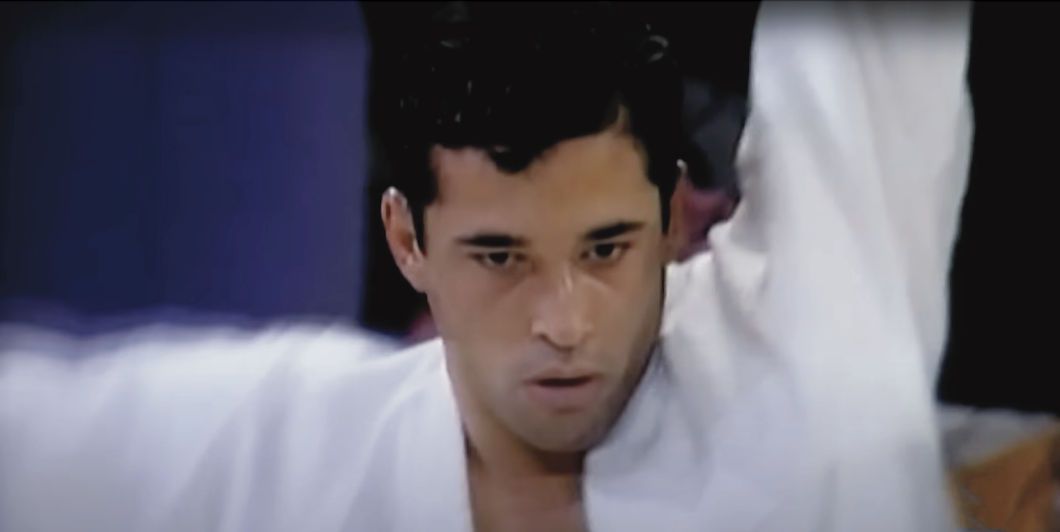
Matthew Shen Goodman

IF YOU WERE TO HAVE TWO MEN FIGHT EACH OTHER with a minimum of rules, should they do it in a boxing ring, or a plexiglass cube, or a cage (and maybe an electrified one)? These were the novel logistical questions faced by the founders of the Ultimate Fighting Championship, including a used-car salesman turned ad mogul and a Brazilian described by Playboy as “the toughest man in the United States,” as they attempted to identify what form of martial art was most effective at incapacitating an opponent. Inspired by a Chuck Norris flick, they chose the cage—no electricity—to determine 
The writer, translator, and poet John Keene has long married a daringly experimental style with a commitment to stories that are usually omitted by history’s ellipses. It’s an approach tangible in his work as a translator, where Keene has long expounded the need for English editions of black diasporic authors (coining, in his essay “Translating Poetry, Translating Blackness,” the hashtag #NonAnglophoneNarrativesStoriesPoemsandOtherFormsofExpressionofBlackLivesMatter); as well as in his fiction, from his 1995 debut Annotations, a black, queer bildungsroman-turned-fugue of semi-autobiographical notations, to Counternarratives, a collection of short stories and novellas published in 2015. A feat of decolonial historiography, Counternarratives utilizes a